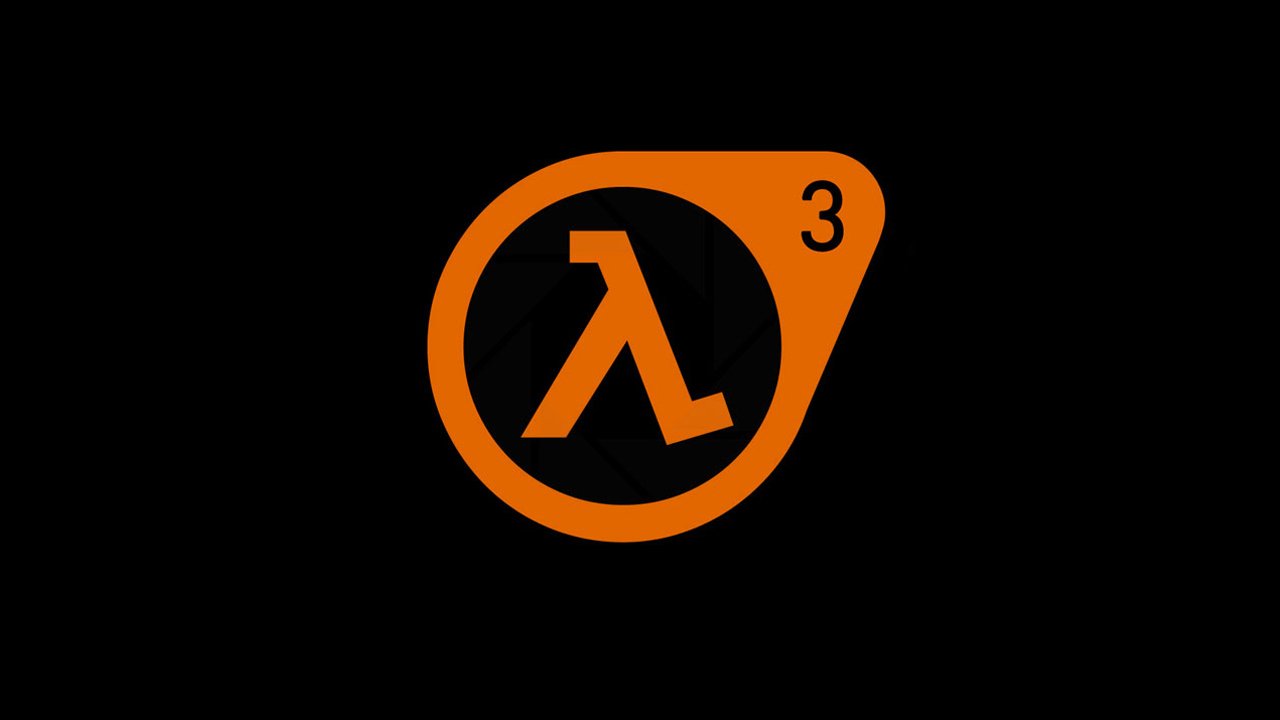Between Battlefield Hardline and Dragon Age: Inquisition’s delays and The Evil Within and Middle-earth: Shadow of Mordor’s earlier-than-expected arrivals, this past week has highlighted the inherent weirdness of videogame release practices. Players who were anticipating these games were likely either excited or disheartened to see their launch days shifting, but, most of all, they were probably left wondering why it was necessary to make these changes at all. I can’t pretend to know what caused publishers like Electronic Arts, Bethesda Softworks, and Warner Bros. to move their games around by—in some cases—as short a period of time as a few weeks. But, I do know that when this happens, the end result is a lot of confusion on the part of videogame players.
Like all forms of commercial media, games are given release dates that will help their publishers maximize profit. Those with a chance of making the biggest waves in the entertainment world are often scheduled for the holiday season when consumers are out in droves, looking for gifts. Even as we’ve seen higher and higher profile games taking advantage of the less busy months at the beginning of the new year, autumn continues to see the biggest release coming out all around the same time.

This fall will bring Destiny, Assassin’s Creed: Unity, Call of Duty: Advanced Warfare, Super Smash Bros., Far Cry 4, and the aforementioned Shadow of Mordor, Dragon Age: Inquisition, and The Evil Within. The publishers putting these games out have enough confidence in the (ugh) selling power of these titles that they want to release them during a time period where people are shopping like crazy.
There are a few problems with this approach, but the most relevant one is that not every videogame is ready for release when its autumn launch date comes around. One of the most recent (and notable) examples was last year’s Battlefield 4 release—a release that obviously wasn’t ready for public play. Frequent game crashes and technical glitches continued to plague the game throughout the fall season, demonstrating that publisher Electronic Arts likely rushed development and made Battlefield 4 available for an autumn release schedule it simply wasn’t capable of meeting. Rather than shift its release in the way that some of the games listed above have for this fall, Battlefield 4 was shoved out the gate to give holiday shoppers and new console owners something to buy despite not being finished.
Aside from this issue, there’s also the problem of release date announcements being used to keep fans invested in ongoing series, even if these sequels are revealed far, far in advance of their actual development completion. Titles like Mirror’s Edge and the next Mass Effect are already being teased when there’s nothing more than concept videos and images to sell fans on.
Why project release windows for games that we have no reason to believe exist as more than internal prototypes? In the worst case scenario, games like Half-Life 2: Episode 3, Beyond Good and Evil 2, Prey 2 are announced and then seemingly shelved indefinitely by their developers. The encouragement of the hype machine that continues to serve as the foundation for videogame marketing practices grows out of control in these circumstances, pressuring developers to match audience expectations (that will always inflate out of proportion over a long waiting period) or, worse, create bad will when a game is never released because it was announced to the public far too early.

There’s something extremely refreshing when developers and publishers buck these release timing trends. Nintendo, despite (or maybe because of) its non-traditional distribution practices, is fond of announcing new titles—Tomodachi Life and The Legend of Zelda: A Link Between Worlds—only a few months before they’re available for purchase. It also puts many of its games out at non-peak times, selling A Link Between Worlds near the end of the holiday release calendar and new Yoshi and Kirby games during slow periods during the spring.
While not every company can count on the kind of support that comes from the loyal fan base Nintendo has gained through the decades, taking some note of the way it has found success outside of the typical release model might be worthwhile. Hopefully this is the case and change is on the way—the way games are launched right now too often leads to the squandered potential of rushed releases and a whole lot of unnecessary frustration for players.




